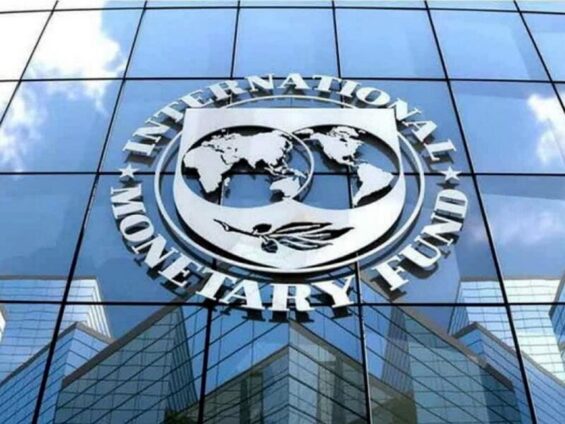
Audio By Carbonatix
Ghana’s consolidation efforts over the remaining International Monetary Fund (IMF) Economic Credit Facility programme period will continue to be based on revenue mobilisation, given the country's low tax-to-Gross Domestic Product ratio compared to peers and its large development and social needs.
This means the government will have to shore up its revenue and introduce new taxes instead of scrapping existing taxes.
According to the IMF, the Ghanaian government's objective is to raise the revenue-to-GDP ratio to over 18% by the end of the programme, from 15.7% in 2022.
The Fund explained that the 2023 Medium Term Revenue Strategy remains the main anchor of the government expected revenue increase, with key expected measures for the coming years focusing on reducing tax expenditures and strengthening tax compliance.
It stressed that expenditure will need to be streamlined, particularly in the short term, while preserving growth-enhancing public investment, expanding social safety nets, and eliminating extra-budgetary spending and arrears buildup.
Additional savings over the medium term will come from a more efficient spending allocation and a reduction in the large subsidies to the energy sector through tariff adjustments and cost reduction measures.
Ghana to reach moderate risk of debt distress in 2028
Meanwhile, Ghana is expected to reach a moderate risk of debt distress in the medium term as all Debt Sustainability Assessment (DSA) sustainability targets will be met by 2028.
In particular, the Present Value of total debt-to-GDP and external debt service-to-revenue ratios will reach 55% and 18%, respectively, by 2028.
“Debt is assessed to be sustainable on a forward-looking basis as the external debt restructuring is expected to be completed in line with program parameters,” the IMF said.
Stress test results also show that a combined contingent liability shock would put overall public debt well above the current trajectory throughout the full DSA horizon.
In addition, developments over the past few years and stress tests highlight the sensitivity of the debt ratios to commodity prices, exports, and a combination of shocks.
Latest Stories
-
Spanish train drivers to begin nationwide strike after fatal crashes
57 minutes -
Netherlands returns 3,500-year-old looted sculpture to Egypt
1 hour -
‘Trump’s psyche’: The aide driving president’s most controversial policies
1 hour -
Algeria begins to cancel air services agreement with UAE
2 hours -
Gunmen kill three people and abduct Catholic priest in northern Nigeria
2 hours -
‘I have not been the best dad lately – 2Face
5 hours -
Why top Nollywood stars were banned – Omotola Jalade Ekeinde
5 hours -
‘We don’t need to be best friends’ – Omotola speaks on alleged feud with Genevieve
5 hours -
MTN FA Cup: Defending champions Kotoko knocked out by Aduana
5 hours -
Why I no longer go clubbing – Davido
5 hours -
S Korean crypto firm accidentally pays out $40bn in bitcoin
5 hours -
Washington Post chief executive steps down after mass lay-offs
6 hours -
Iranian Nobel laureate handed further prison sentence, lawyer says
6 hours -
U20 WWCQ: South Africa come from behind to draw against Black Princesses in Accra
6 hours -
Why Prince William’s Saudi Arabia visit is a diplomatic maze
6 hours

